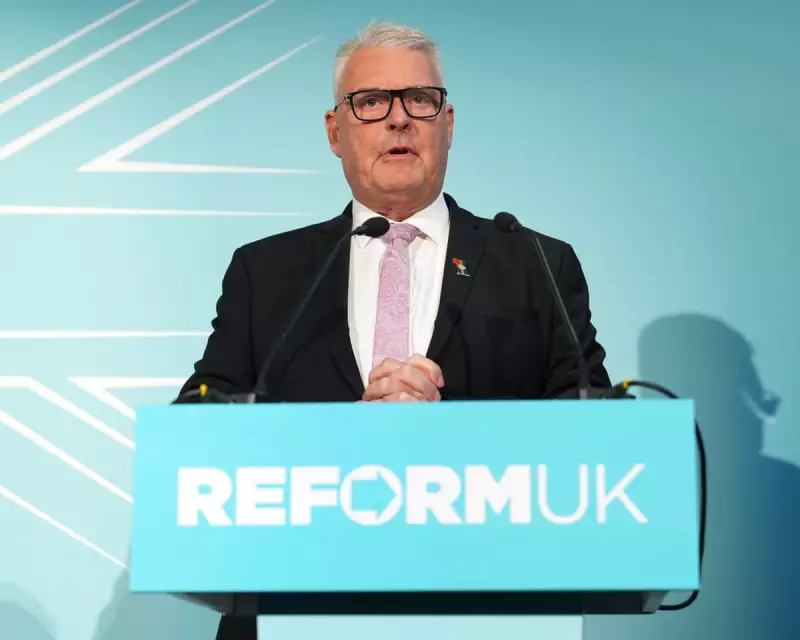
The UK government has unveiled sweeping reforms to the Personal Independence Payment (PIP) system that could generate staggering annual savings of up to £9 billion. The proposed changes represent the most significant overhaul of disability benefits in recent years, focusing on stricter eligibility criteria and a more rigorous assessment process.
What's Changing in PIP Assessments?
Under the new framework, claimants will face more stringent evaluations of their ability to perform daily living activities and mobility tasks. The reforms aim to ensure that support is targeted more precisely toward those with the most severe disabilities and health conditions.
Government analysis suggests the tightened criteria could substantially reduce the number of successful claims while maintaining support for the most vulnerable recipients. The Department for Work and Pensions has emphasised that the changes are designed to create a fairer, more sustainable system amid growing concerns about the long-term affordability of the welfare state.
The Financial Impact
The projected £9 billion in annual savings would represent a significant reduction in welfare spending at a time when public finances remain under considerable pressure. This figure has already sparked intense debate among disability rights advocates, opposition parties, and policy experts.
Critics argue that stricter eligibility rules could leave genuinely disabled people without crucial financial support, while supporters maintain the reforms are necessary to prevent abuse and ensure the system's long-term viability.
Political and Social Implications
These proposed changes come amid broader government efforts to reform welfare and reduce what ministers describe as "unsustainable" growth in benefit spending. The announcement is likely to trigger significant political debate and potential challenges from disability rights organisations.
As the government moves forward with these proposals, stakeholders across the political spectrum are preparing for what could become one of the most contentious welfare battles of this parliamentary session.





